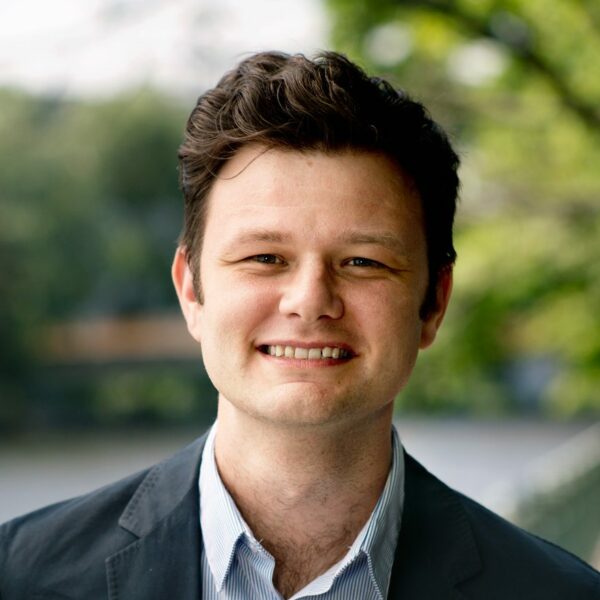The Leave No One Behind project is lifting off. With concrete results and recommendations from the five pilot countries, there is continued energy among the project partners and allies to continue this joint initiative to make voices heard and count.
At the annual project partners meeting in Berlin, the partnership confirmed that the novel approach to Sustainable Development Goal monitoring and implementation represents an important stepping stone for the realisation of the promise to leave no one behind in SDG implementation. Recognition of this comes from the highest levels, too. In July, the project was invited to present at the United Nation’s High Level Political Forum (HLPF). By participating in the HLPF new connections are made in our shared mission to make all people’s voices heard and count in SDG implementation.
Project Partners Meeting
In late June project partners presented, discussed and evaluated the results of the pilot phase of the project that sees twelve leading ICSOs joining forces to make the voices of marginalised people heard and count in SDG implementation. The five pilot countries are Bangladesh, India, Nepal, Kenya and Vietnam.
The principle at the heart of the SDGs, to leave no one behind is yet to be fully realised in current monitoring and implementation. The pilot project shows that the novel approach taken by the project partners is capable of ‘building a bridge’ between gaps in statistical monitoring and policymaking. Community-driven data has proven its potential to identify specific drivers of vulnerability at the local level and to develop purposeful policy recommendations to address these local issues.
A
The project partners will now define the concrete next steps to move ahead towards a collective four-year engagement until the mid-point of SDG delivery in 2022. Together with partners from across the sectors, we want to work towards a more inclusive, accountable and participatory SDG implementation in a growing number of countries worldwide.
High Level Political Forum
The partnership presented its results at the High Level Political Forum in New York. In addtion, the partnership were central to two well attended side events where there were in depth discussions about our unique approach and futre collaboration.
As a result their input, the partnership is invited to contribute to the Voluntary National Review labs of the HLPF. They will present the approach to an international expert audience of statistics agencies and political decision-makers. Also, the UN Deputy Secretary General’s SDG strategy hub is keen to explore how we can work together.





